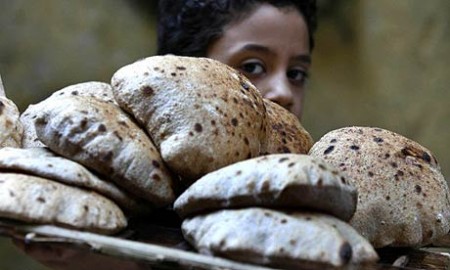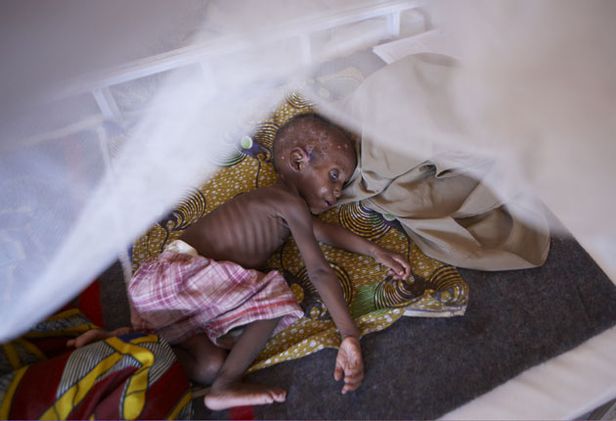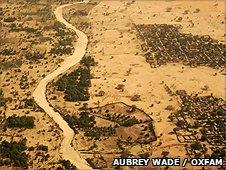
A child carries a tray of bread in Cairo. Photograph: Nasser Nuri/Reuters
World leaders are to meet next week for urgent talks aimed at preventing tens of millions of the world’s poor dying of hunger as a result of soaring food prices.
The summit in Rome is expected to pledge immediate aid to poor countries threatened by malnutrition as well as charting longer-term strategies for improving food production.
Hosted by the UN’s Food and Agriculture Organisation, it will hear calls for the establishment of a global food fund, as well as for new international guidelines on the cultivation of biofuels, which some have blamed for diverting land, crops and other resources away from food production.
The urgency of the meeting follows historic spikes in the price of some staple foods. The price of rice has doubled since January this year, while the cost of dairy products, soya beans, wheat and sugar have also seen large increases.
The world’s urban poor have been hit hardest, sending a wave of unrest and instability around the world. Thirty-seven countries have been hit by food riots so far this year, including Cameroon, Niger, Egypt and Haiti.
The Rome summit is the first of a series of high-level meetings aimed at tackling what many leaders now see as a much bigger threat to international stability than terrorism.
A fortnight after the UN meeting, the EU council will focus much of its time on the food crisis. A ministerial meeting of the World Trade Organisation in late June will make a last-ditch attempt in Geneva at agreeing the lowering of international trade barriers, with the aim of cutting food prices and making it easier for farmers in poor countries to export their produce.
Food and climate change will also be the twin top themes of the G8 summit in Japan in early July, and then in September a UN summit will attempt to put the world back on course towards meeting the millennium development goals, agreed eight years ago, one of which was the halving of the number of the world’s hungry.
Read moreCrisis talks on global food prices




